WHAT DRIVES COLLECTIVE DECISION MAKING? – SPIRITS OR MINUTES?
By Prof. Keyoor Purani
In my academic career over decade and a half, not surprisingly, I probably would have spent more hours in meetings than in classes. Having been part of various academic systems and decision making processes actively, I believe that I have fair exposure of different processes followed especially in academic institutions that range on a continuum from top-down to bottom-up. The question I am reflecting upon is not ‘if a collective decision making system is appropriate for institutions such as IIMs’. But, it is what should it be driven by? Should it be norm driven or rule driven, values driven or process driven and hence spirit driven or minutes driven? Where does the emphasis lie? How should the collective pressures to ensure effectiveness of such system be channelized?
Having closely witnessed collective decision-making system for last one decade in IIM system, I feel that spirit driven collective decision making system scores better than minutes driven collective decision making system. Let me share 3 arguments in support of my opinion:
Having closely witnessed collective decision making system for last one decade, I feel that spirit driven collective decision making system scores better than minutes driven collective decision making system. Let me share 3 arguments in support of my opinion:
1. Minutes driven system demand perfection:
One can carefully draft minutes, rules, and processes only to realize that they still have lacunae. Further, rapid changes in environment and chaos in super systems make processes obsolete in no time. Perfection has no limits. It is humanly impossible to envisage all the complexities of a dynamic system that exists in practical life. Thus, despite enormous efforts and utmost care in democratically drafted processes and rules, there would be limitations with respect to guiding relevant, actionable decisions. Also, not only the systems need to be perfect, but the custodians too need to be perfect. Unlike machines, humans make mistakes (i.e. in violating the processes, drafting the minutes) – quite often inadvertent, sometimes constrained and rarely intentional. What becomes important in conditions like this, is something which is relatively absolute – the essence, the spirit behind the decision or action.
2. Minutes driven system is vulnerable to political agenda or personal vendetta:
Most processes and rules can be manipulated with slight tact. With complete adherence to the processes, one can still drive the agenda. This is seen all over in a large, complex democracy like ours. Such vulnerability of process driven systems increases manifold where people have challenges with regard to their basic needs, requirements and/or are overloaded with several issues. Lack of involvement arising from this make them immune to processes. Even if the minutes are circulated to wider community, how many have time and interest to read them carefully and point out inadequacies? Who has time to watch live broadcast of parliamentary proceedings shown on dedicated channels? Process manipulators conveniently take advantage of information overload. On the other hand, selective errors can be blown up without the context, to create sensation, sometimes with personal vendetta. In such cases the judgments made by bystanders are largely based only on partial information shared by the so called whistleblower.
3. Minutes driven system has severe limitations for growing organizations:
As a fully evolved, developed organization or institution is likely to be near-perfect, process driven approach has more merits in such contexts. However, dynamic, fast-growing organizations make a challenging context for process-driven systems of decision making particularly keeping the performance, output, productivity, development of the organizations in mind. It is easy to follow process and lead to negligible outcomes. It is also safe for decision-makers and executives to follow process and do not worry about the lost opportunity. This drives status-quo and eventual deterioration of the organization as executives tend to take safer approach to follow –which is minute driven- irrespective of the merits of the process and lost opportunities.
It is also important to realize that spirit driven system doesn’t completely disregard the processes. In fact, values driven system assumes that appropriate processes are chosen, amended in appropriate way and shared with the concerned by the executives concerned. Hence, it is important not to get dragged into minutes mania or process obsession without paying attention to the full context or spirit behind ‘violation of any rule’. If attention is shifted to larger issue on how spirit driven collective decision making system is made robust, the futile fascination with minutes and processes would automatically come to an end. The focus can then shift to issues like how does organization induct people with high professional and personal values? How does it develop mechanism to share organizational values? And how to encourage applying values while steering collective decision making?
Keyoor Purani is Professor of Marketing at IIM Kozhikode. Views expressed here are his personal views.
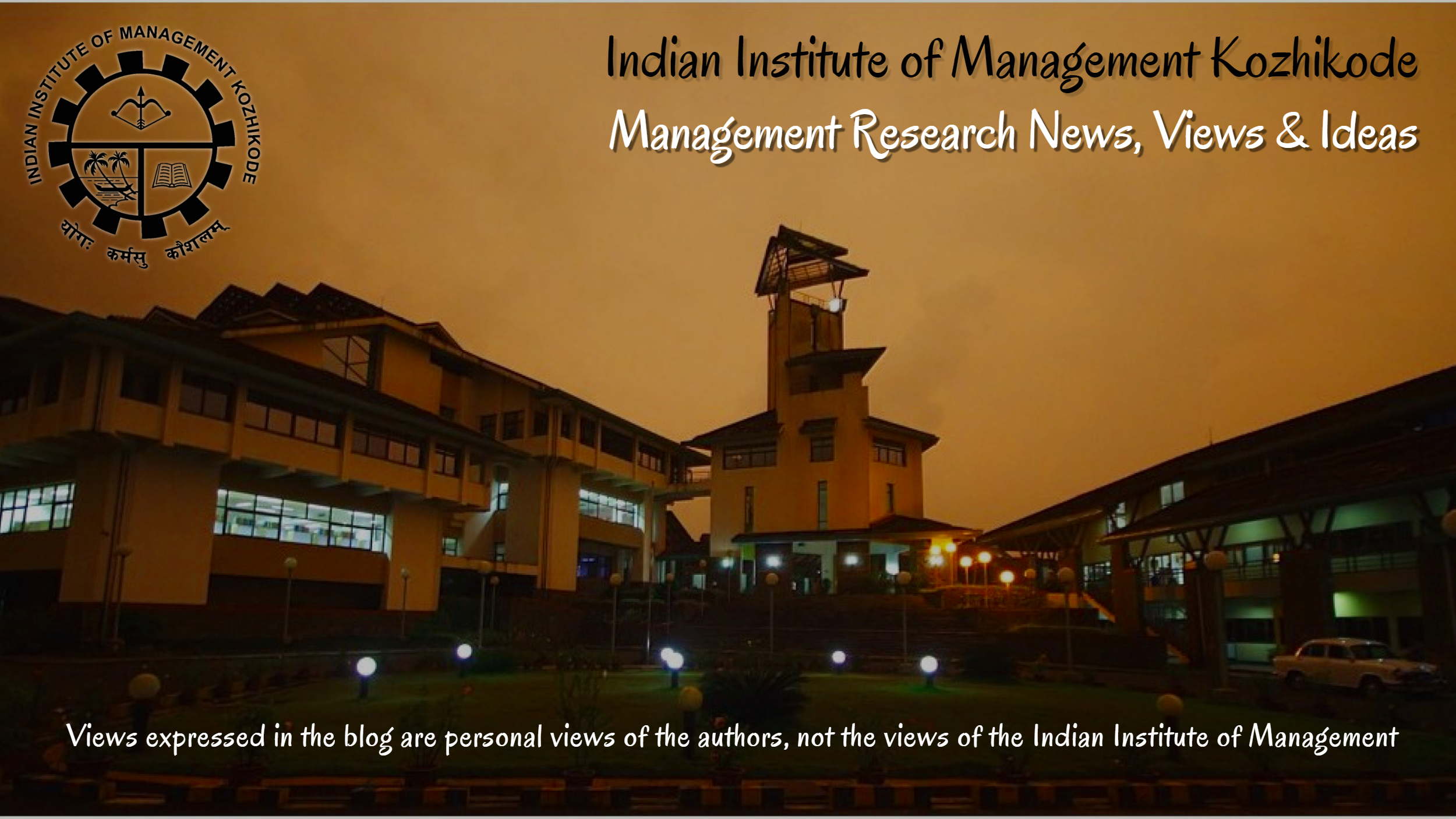


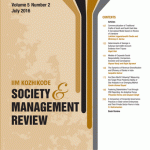

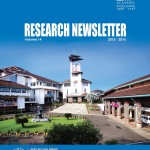
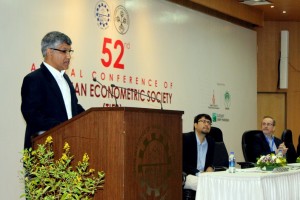

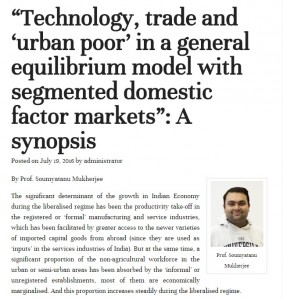
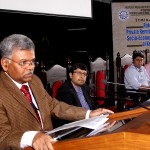
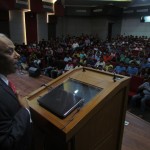





 Users Today : 253
Users Today : 253 Users Yesterday : 391
Users Yesterday : 391 This Month : 2997
This Month : 2997 This Year : 121604
This Year : 121604 Total Users : 545592
Total Users : 545592 Who's Online : 2
Who's Online : 2